Gucci Sponsors New Project for Boboli Gardens
The Boboli Garden in Florence springs into a brand new three-year restoration project thanks to a two million euro donation from Italian fashion house Gucci in collaboration with Italy’s Ministry of Culture and Tourism. This 33-acre botanical space dates back to 1418 when wealthy Florentine banker, Luca Pitti, was inspired by the glorious landscape near the Arno. Forty years after purchasing the property he commissioned the foundation for the Palazzo Pitti, owned now by the Uffizi Gallery, and filled the sprawling rooms with well-known Renaissance works of art.
Today, Florence Mayor Dario Nardella and Uffizi Director Eike Schmidt excitedly await their collaboration with Gucci’s Creative Director Andrea Michele and CEO Marco Bizzarri to revitalize the exceptional Florentine property that pleases over one million tourists annually. This project has been deemed “Primavera di Boboli” or “Boboli Spring.”
Gucci will distribute the funds over a three year period. The metamorphosis will include a new intricate layout of trees and flowers that bloom at various points of the year. Art conservators will revive the sculpture, revamping the unique Renaissance aesthetic that has been perfected with a Florentine flair since the before 15th Century.
Next year, on May 29, Gucci’s Cruise Collection- a high fashion line that particularly caters to resort and summer wear- will hit the runway in the Pitti Palace’s lavish Palatina Gallery in the Boboli Garden. Today, the gallery is known for its ownership of a rare Raphael painting. Last year, the collection was showcased on a runway in London’s Westminster Abbey, as well as New York City’s Art district the year prior. Marco Bazzarri feels the future collection evokes feelings of the Renaissance masterpieces exhibited in the Palazzo Pitti and looks forward to boasting the progress of Gucci’s springtime botanical endeavors.
The landscaping of the gardens date back to the Medici family, who commissioned Niccolo Tribolo as the head architect of beautiful grounds of the Pilazzo Pitti. Contained in the palace's collections are 16th through 18th century art commissioned and created by the Renaissance’s finest- such as of silverware, porcelain, portraiture, and sculpture.
The Boboli Garden is a true open-air museum, irrigated by a fountain that hosts a massive statue of Neptune from 1777, similar to the one Andromeda, the mythological wife of the Medusa-killing Perseus, has on her island in the garden. An Egyptian Obelisk erected by Grand Duke Peter Leopold gives height to the rolling scenery. The Boboli Gardens embrace the classical revival of the Renaissance, while evoking Italian culture and showcasing some of the finest art in the world. These are just three examples of the dozens of adventures and stories the rolling gardens takes each passersby.
Schmidt states that Gucci will “make the garden bloom again” with the goal of creating Italy’s very own Versailles, a truly enticing enterprise that will showcase the potential of what can happen when an inspiring high end fashion powerhouse connects with the history of the luxurious Renaissance past. The result is a creation of an innovative garden in one of the world’s greatest cities. The world is everyone’s runway.






























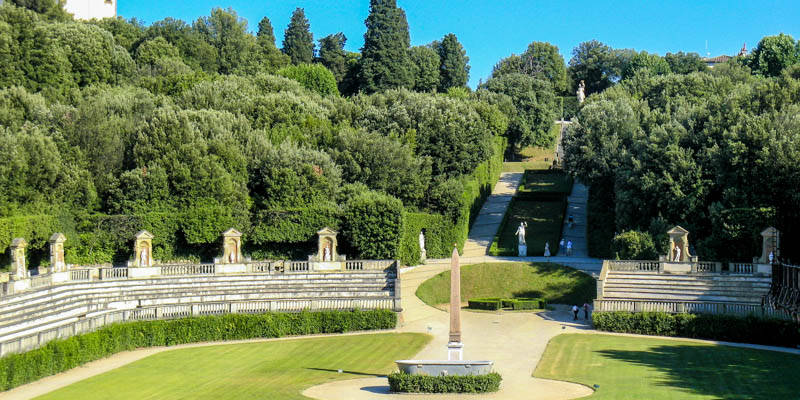
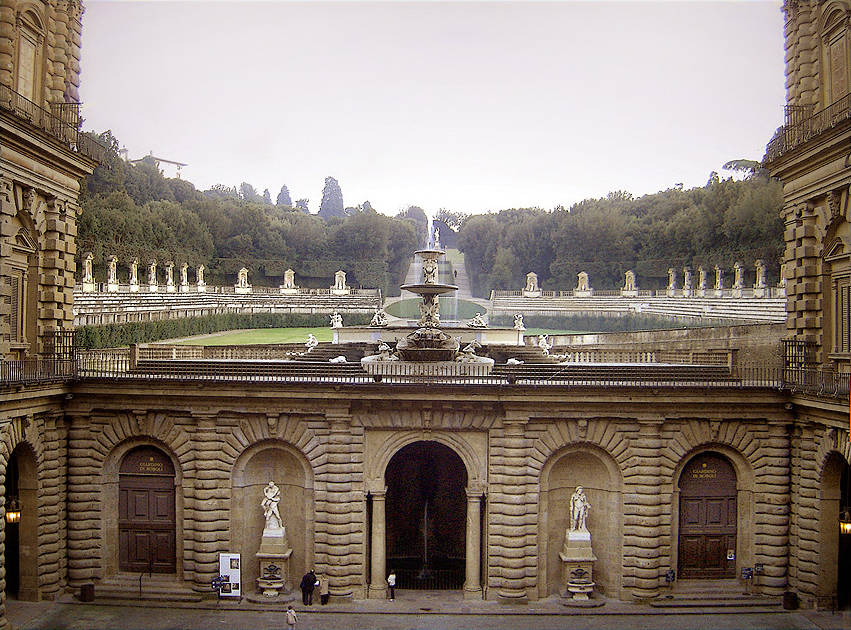
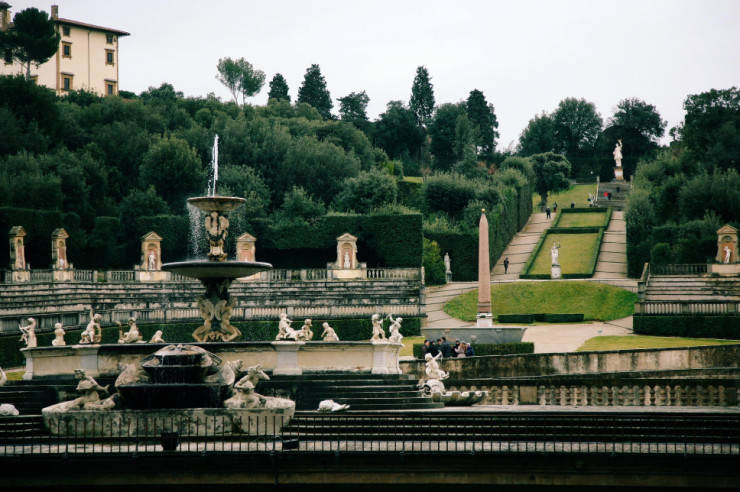
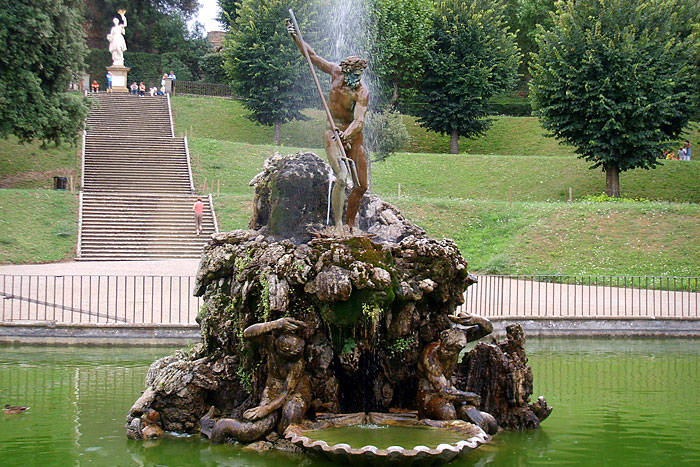
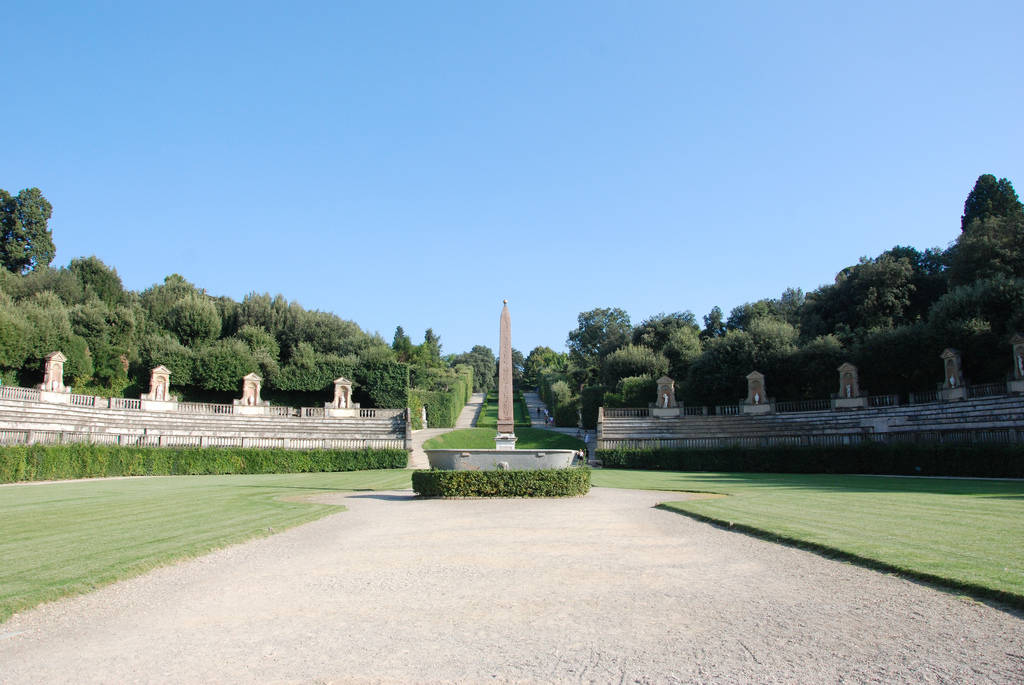



i-Italy
Facebook
Google+
This work may not be reproduced, in whole or in part, without prior written permission.
Questo lavoro non può essere riprodotto, in tutto o in parte, senza permesso scritto.